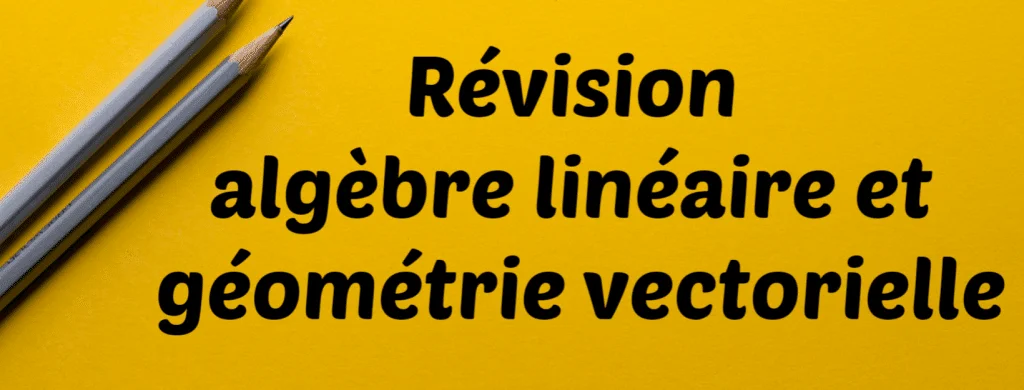How does the first tutoring session work?
By Chantale Alvaer, founder of SOSprof and teacher
Whatever circumstances bring you to meet with someone new, it’s always a somewhat stressful moment that raises concerns. Your first meeting with your tutor is no exception. What to do during this first meeting? What topics should you discuss with the tutor? What to consider in order to make the most out of your valuable time with this educational counsellor who has been given a crucial mission – the academic progress and success of your child. Let’s take a moment to further explain what will happen during your first meeting with your tutor.
As a teacher and as the founder of SOSprof, the first point I would make is that parents often have high expectations towards their tutor. While your intention is good, ask yourself if you really take into consideration your child’s own rhythm and limitations. As a matter of fact, your tutor cannot easily control these factors. Is the tutor the right resource for your child?
Advice: It is important to follow the rhythm of your child and to ensure there is a good information exchange between his/her teacher and tutor. This first meeting is a unique opportunity to assess the status of your child’s learnings.
Here is how you can provide an overview of your child’s situation to the tutor:
- Before the first meeting, take some time to talk with the tutor, ideally over the phone. This will allow him/her to introduce himself/herself and hear about the reasons why you requested his/her services. This is your time to discuss your child’s situation in privacy.
- You may also contact your child’s teacher to ask him/her to write down what he/she thinks your child’s strengths and weaknesses are. How does your child behave with his/her teacher and classmates? How would he/she rate your child’s level of autonomy and organizational skills? How long does it take before your child get started on the work requested? Does your child need more or less time than other students to complete the tasks? Could the teacher provide the tutor with assessments to help him/her quickly identify what has not been well understood by your child?
- Remember to send the course notes and an idea of the content of the next session to your tutor at least 24 hours in advance. That way, he/she will get ready according to the subject to work on and the exercises to do, and will prepare the answer book if you do not already have it. You probably would not like it if the tutor spent 20 minutes to read the description of a mathematics problem solving or a reading comprehension exercise during the session, wouldn’t you? However, it would be normal for him/her to do so because he/she did not write these. All the more reason to send all the necessary material to the tutor BEFOREHAND.
- Your child’s teacher is most certainly the person in the best position to give you additional exercises to do with the tutor. After all, he/she knows precisely what has been studied in class. Feel free to ask him/her.
- Your child’s most recent school reports, action plans, and assessment reports might also be useful to the tutor. These will help the tutor better know your child and the challenges he/she faces.
- Plan to buy a workbook for the previous school level if the tutoring sessions start before January. As of January, you can purchase a workbook for your child’s current school level. Why is that? Remember that your child is experiencing difficulties at school. The reality is that his/her previous learnings are not consolidated which is detrimental to his/her ongoing learnings. It is, therefore, necessary to reinforce the concepts that are not yet mastered.
- Why not take the lead? You could ask the tutor to draft an action plan for your child focusing on approximately three objectives. If it is too soon for the tutor to set goals after the first meeting, he/she will surely be able to do so after the second tutoring session.
In conclusion, success can be planned, as they say. By leaving nothing to chance, you can ensure successful tutoring sessions. Importantly, do not skimp on the relationship between your child and his/her tutor. In case of any doubt or if your child’s motivation decreases, you may consider changing tutor as soon as possible.













